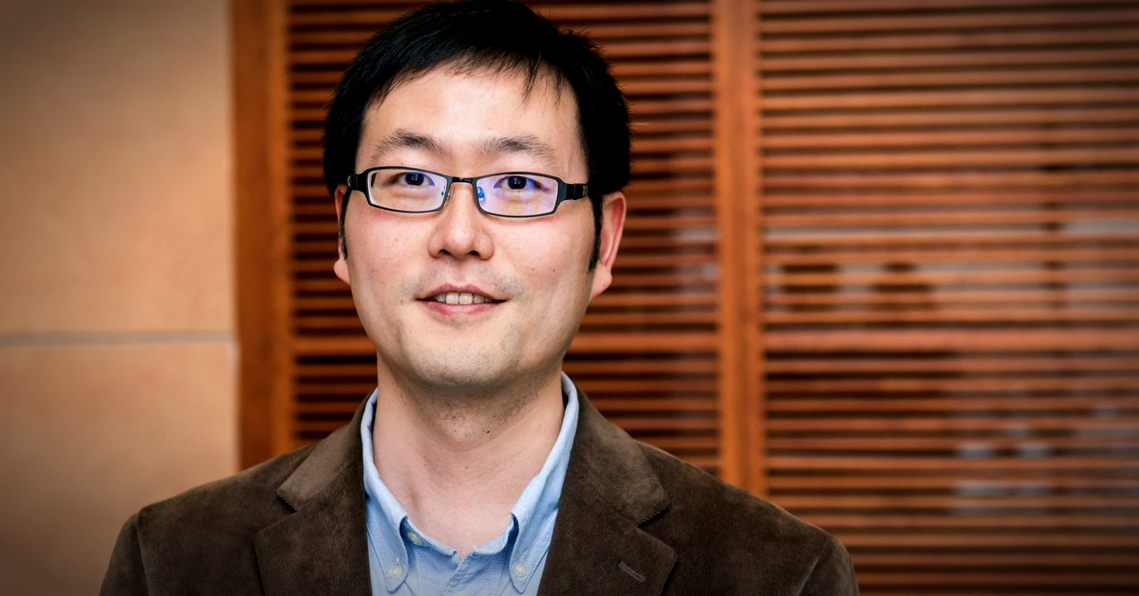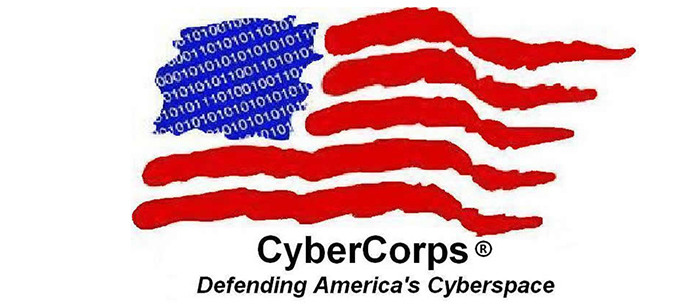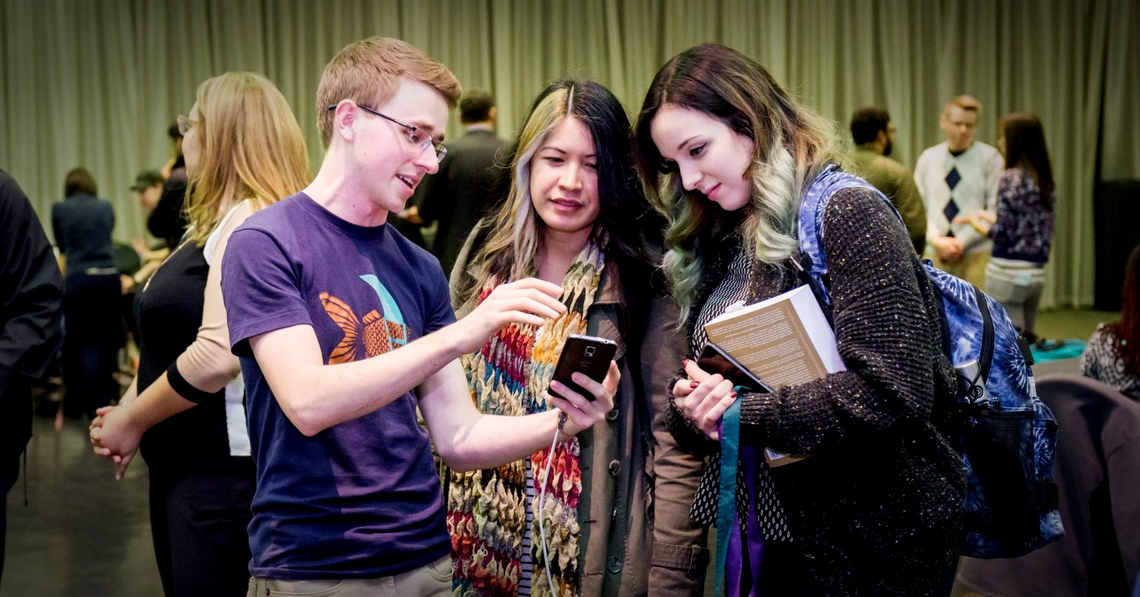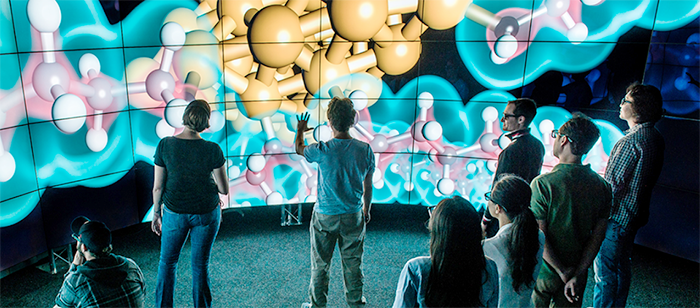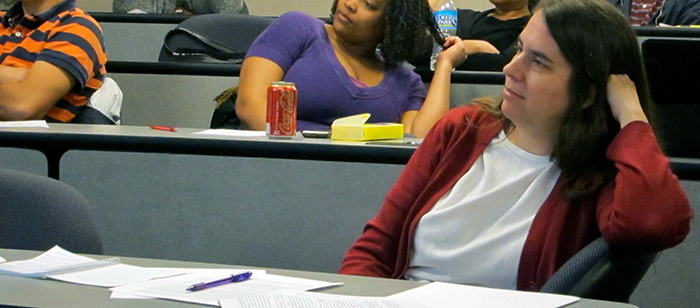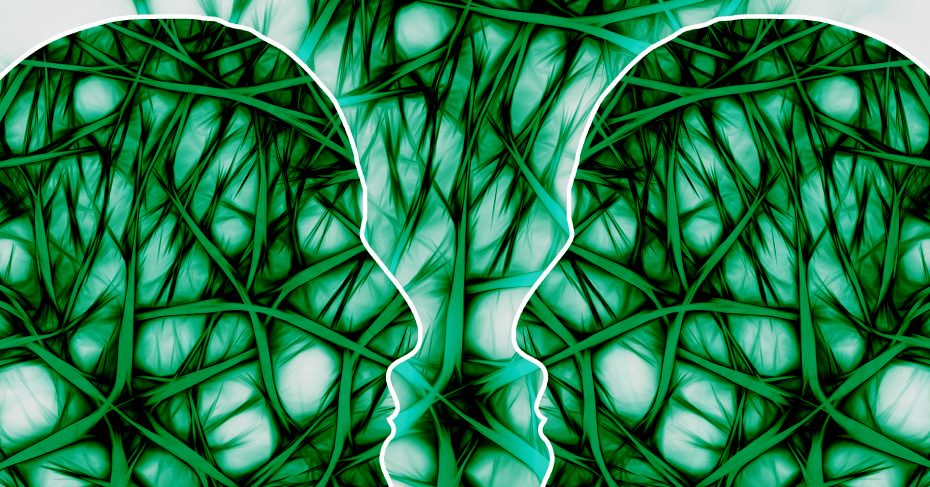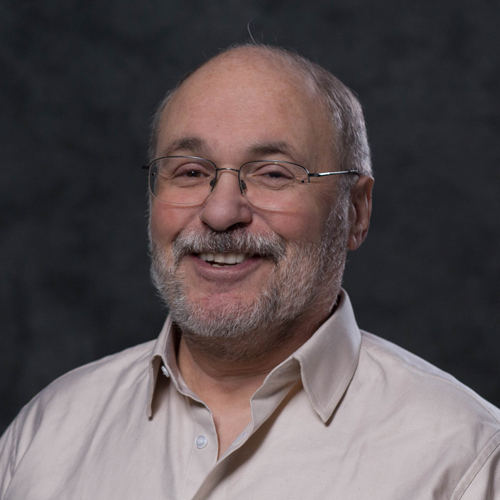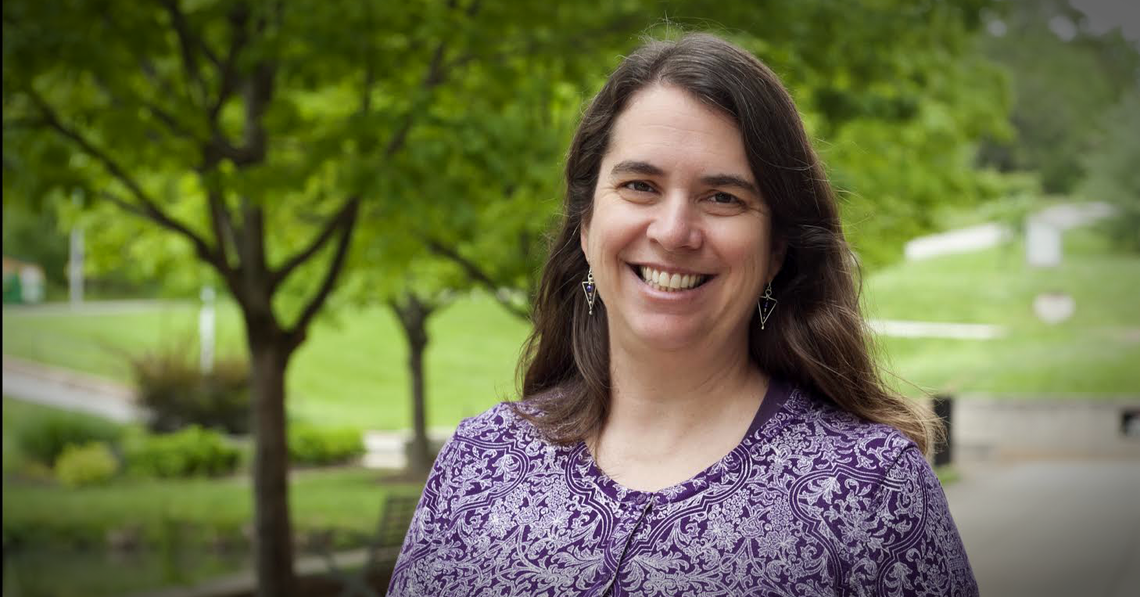
An article on Forbes’ site this week cites UMBC’s Professor Marie desJardins as one of 21 women who are advancing A.I. research. The article notes that artificial intelligence is “eating the world, transforming virtually every industry and function” and highlights women who are AI educators, researchers and business leaders who are driving the development and application of AI technology.
Professor desJardins joined the faculty at UMBC in 2001, after spending ten years as a research scientist in the Artificial Intelligence Center of SRI International in Menlo Park, California. She received her Ph.D. in computer science in 1991 from the University of California, Berkeley where her dissertation advanced autonomous learning systems in probabilistic domains.
The Forbes article states that
Marie desJardins has always been driven by broad, big-picture questions in AI rather than narrow technical applications. For her PhD dissertation at Berkeley, she worked on “goal-driven machine learning” where she designed methods an intelligent agent can use to figure out what and how to learn. As an Associate Dean and Professor at University of Maryland, Baltimore County (UMBC), desJardins has published over 120 scientific papers and won accolades for her teaching, but is equally proud of work she’s done with graduate students on self-organization and trust in multiagent systems.
When desJardins started her career, the AI and computing industry attracted more diverse, multi-disciplinary talent. Over time, she observed that conferences are “increasingly dominated with papers that focused almost exclusively on one subproblem (supervised classification learning) and much less welcoming of work in other subareas (active learning, goal-directed learning, applied learning, cognitive learning, etc),” which she is worried will exacerbate the diversity gap in AI.
“We are already seeing a reconsideration of more symbolic, representation-based approaches,” desJardins observes. “Ultimately I think that we will build more and more bridges between numerical approaches and symbolic approaches, and create layered architectures that take advantage of both.”
Her current research focuses on artificial intelligence, particularly machine learning, planning and decision making, and multi-agent systems. She has published over 125 scientific papers on these topics, and was recently named one of the “Ten AI Researchers to Follow on Twitter” by TechRepublic. At UMBC, she has been PI or co-PI on over $6,000,000 of external research funding, including a prestigious NSF CAREER Award, and has graduated 11 Ph.D. students and 25 M.S. students. She is particularly well known on campus and in her professional community for her commitment to student mentoring: she has been involved with the AAAI/SIGART Doctoral Consortium for the last 16 years and has worked with over 70 undergraduate researchers and four high school student interns. She was awarded the 2014 NCWIT Undergraduate Research Mentoring Award and the 2016 CRA Undergraduate Research Mentoring Award in recognition of her commitment to undergraduate research.
